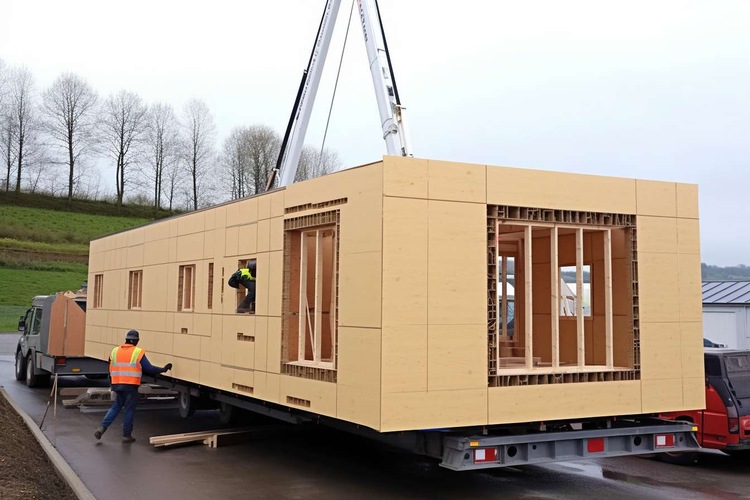Condo vs Single-Family Homes: A Comparative Guide for Investors
Introduction: The real estate market presents a myriad of investment opportunities. One of the most common dilemmas faced by investors is the choice between condominiums and single-family homes. This article delves into the distinctive characteristics of these two property types, helping you make informed investment decisions.

The Evolution of Condominium and Single-Family Home Investments
Single-family homes and condominiums have been staples in the real estate market for decades. Single-family homes, known for their privacy and control, have been a popular choice for families and long-term renters. Condominiums, on the other hand, have gained traction in urban areas, appealing to singles, young professionals, and retirees. Both offer unique investment opportunities but also come with distinct challenges and considerations.
Current Market Trends: A Shift in Preferences
The real estate market is continuously evolving, with societal changes shaping consumer preferences. Currently, there’s a growing demand for single-family homes in suburban areas, driven by changing lifestyle preferences and the effects of the COVID-19 pandemic. Meanwhile, the condo market in city centers is experiencing slower growth due to the shift towards remote work and the increasing desire for more space and privacy.
Weighing the Pros and Cons: A Closer Look at Investments
Investing in single-family homes offers several advantages, including higher potential for appreciation, more control over property management, and the appeal to families in search of stability. However, it also presents challenges such as higher maintenance costs and the responsibility of dealing with individual tenants.
Condo investments, on the other hand, attract investors due to their lower purchase prices, reduced maintenance responsibility, and the appeal to a diverse tenant base. However, they also come with potential downsides like association fees, less control over property management, and slower appreciation rates.
Impact on Buyers, Sellers, and Investors
The choice between single-family homes and condos can significantly impact real estate investors. Single-family homes often offer better long-term returns but require more hands-on management. Condos can provide steady rental income with less maintenance work, but they may not appreciate as quickly, and HOA fees can eat into profits.
Making Informed Investment Decisions: A Final Word
The decision to invest in single-family homes or condos depends on various factors, including your financial goals, risk tolerance, and preferred involvement level. It’s crucial to carefully analyze market trends, understand the benefits and challenges of each property type, and consider your investment strategy before making a decision.
In conclusion, both single-family homes and condos offer unique opportunities and challenges for real estate investors. By understanding these dynamics, you can make an informed decision that aligns with your investment strategy and financial goals. Remember, real estate investment success hinges on knowledge, research, and strategic planning.






